Saving Memories: Preserving Personal Items Damaged In A Hurricane
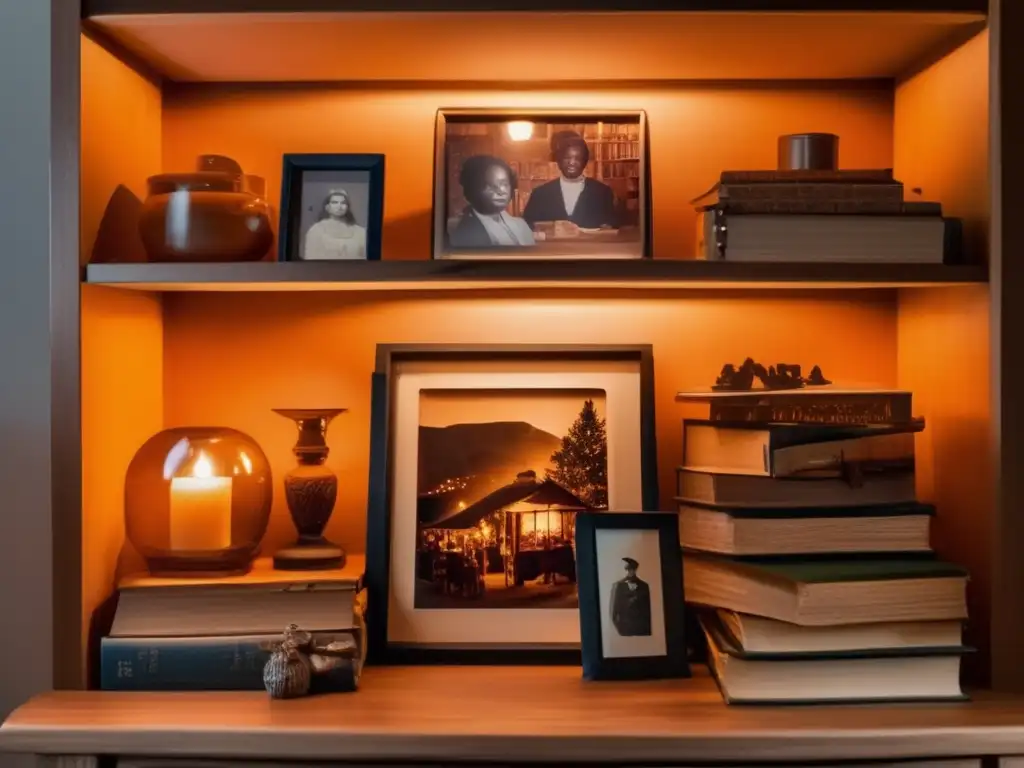
Saving Memories: Preserving Personal Items Damaged in a Hurricane
Introduction
When hurricanes strike, the damage they leave behind can be devastating. Not only do they destroy homes and communities, but they also damage personal belongings, family heirlooms, and irreplaceable memories. While recovering from a hurricane can be a long and painful process, it is still possible to salvage some of these items and preserve them for future generations to come. In this article, we will discuss some ways to save your memories after a hurricane and offer some tips for preserving your personal belongings from further damage.
Preserving Photos and Papers
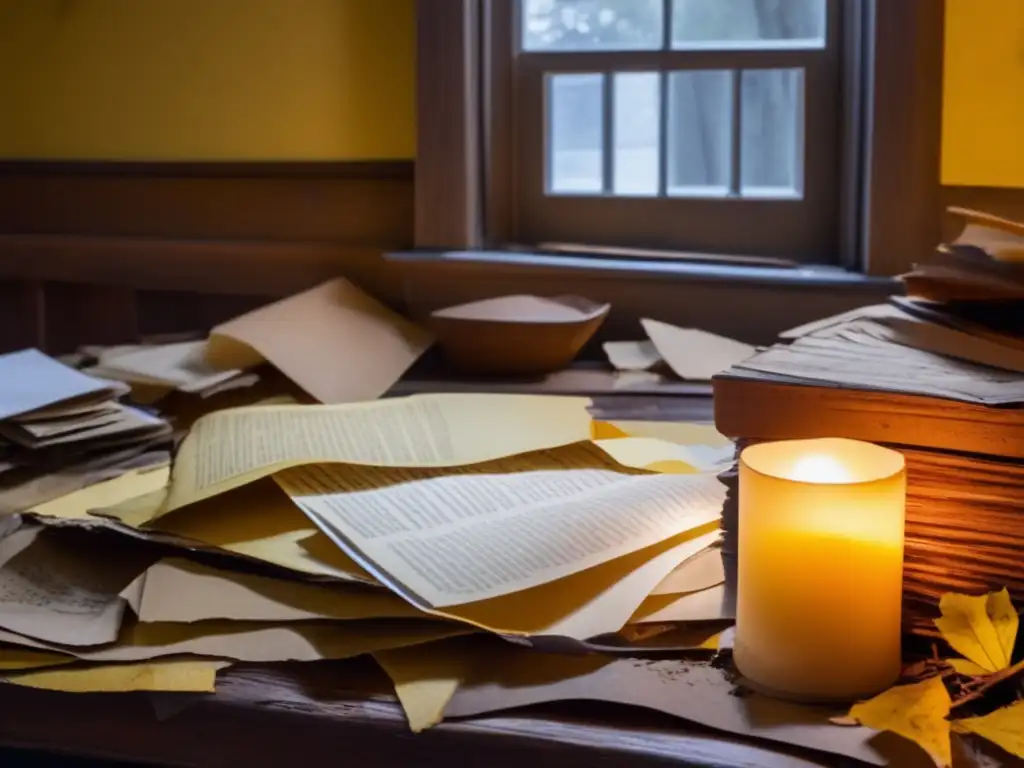
Quick Action is Key
One of the most important things you can do after a hurricane is to act fast. When papers or photos get wet, mold can begin to grow within 48 hours. So, it's crucial to start the preservation process as soon as possible.
Freeze Your Photos
If you have photographs that are already wet, the best thing to do is to freeze them until you can attend to them. This will stop the mold from spreading while you figure out what to do next.
Air-Dry Your Photos and Papers
If your photos and papers are damp, but not soaking wet, lay them out on a flat surface and let them air-dry. Be sure to do this in a well-ventilated room and avoid direct sunlight. Avoid using a hair dryer or other heat source, as this can cause further damage.
Clean and Disinfect Your Belongings
If your photos or papers have come into contact with floodwater, it's essential to clean and disinfect them carefully. First, separate any photos or papers that are stuck together and rinse them gently with clean, cold water. Then, immerse them in a mixture of one gallon of water and one cup of rubbing alcohol for at least ten minutes. Rinse them again with cold water and lay them out to air-dry.
Preserving Electronics
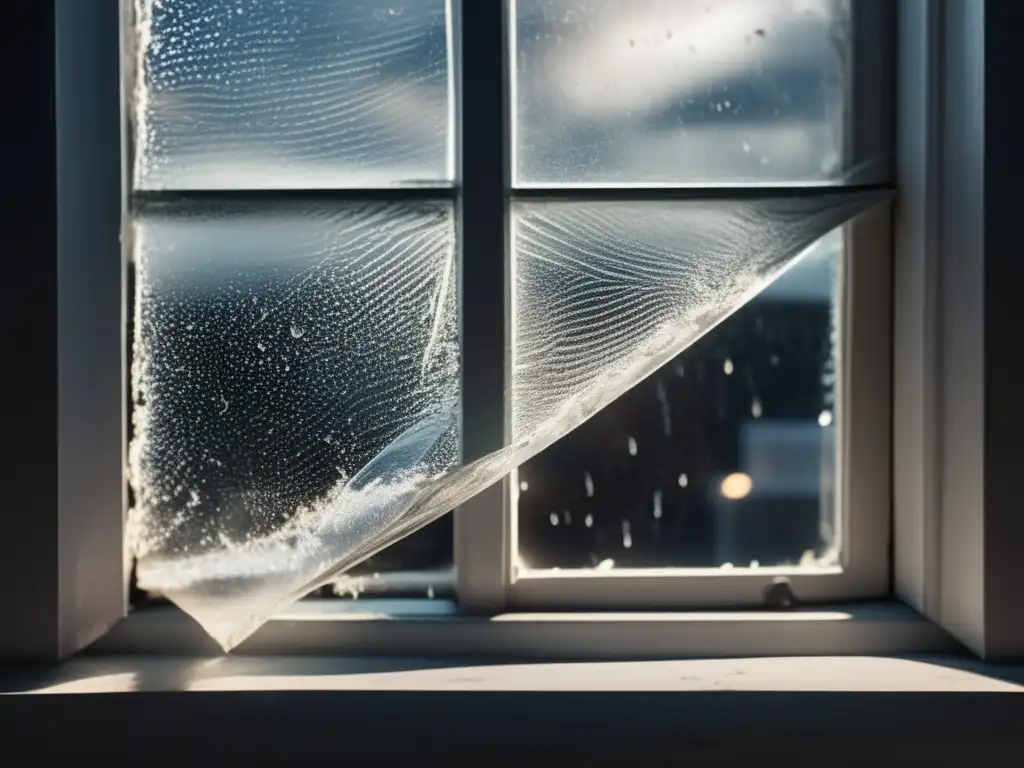
Avoid Turning on Wet Electronics
If your electronics have gotten wet, resist the urge to turn them on to see if they still work. This can cause more damage and make the items unrepairable.
Remove Batteries and Memory Cards
Take out the batteries and memory cards from your electronic devices as soon as possible. Then, carefully dry them off with a towel.
Dry Out Wet Electronics
To dry out your electronics, place them in a container with uncooked rice or silica gel packets. These materials will absorb the moisture and help to dry out your belongings. Leave them there for several days, depending on the level of moisture inside them.
Get Professional Help
If you have valuable electronic items that have been damaged by a hurricane, such as cameras, laptops, or cell phones, consider taking them to a professional repair shop. They may be able to salvage the item and recover your data.
Preserving Furniture and Other Belongings
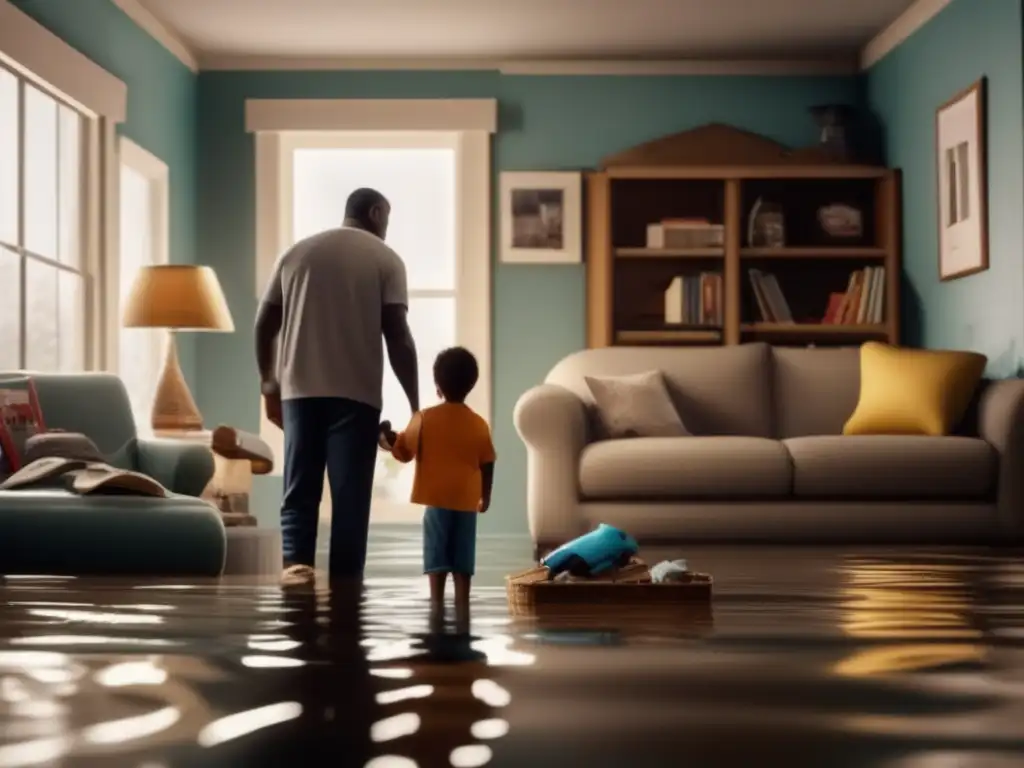
Act Fast
When it comes to furniture and other items, it's essential to act fast. The longer your belongings remain wet, the more likely they are to develop mold and become damaged beyond repair.
Clean and Disinfect
First, remove any excess water with towels or a wet/dry vacuum. Then, clean and disinfect your belongings with a mixture of warm water and bleach. Be sure to wear gloves and a mask when working with these chemicals.
Allow for Airflow
To prevent mold growth, it's crucial to allow for proper airflow. This means removing any upholstery or cushions and propping up furniture to allow air to circulate underneath.
Consider Professional Cleaning
If your furniture is heavily damaged, consider taking it to a professional cleaner. They may be able to remove stains, sanitize the piece, and restore it to its former glory.
Frequently Asked Questions

-
What should I do if my memories have come into contact with floodwater?
Separate the items and rinse them gently with clean water. Then, immerse them in a solution of one gallon of water and one cup of rubbing alcohol for ten minutes. Rinse them again and let them air dry in a well-ventilated room out of direct sunlight.
-
Should I try to turn on my electronics if they've gotten wet?
No, do not turn on wet electronics as this can cause further damage.
-
Can I recover data from my damaged electronic devices?
It may be possible to recover data from damaged electronics. Consider taking them to a professional repair shop for help.
-
What should I do if my furniture is waterlogged?
Remove any excess water, clean and disinfect the item, and allow for proper airflow to prevent mold growth. You may also consider taking it to a professional cleaner if it is heavily damaged.
-
How can I prevent my memories from getting damaged in a hurricane?
Be sure to keep your most important items in waterproof containers or bags, and store them in a high and dry place in your home. Consider digitizing your photos and documents as a backup measure.
Conclusion
While dealing with the aftermath of a hurricane can be overwhelming, there are steps you can take to preserve your personal belongings and memories. Acting fast, avoiding further damage, and disinfecting your items are all crucial steps in the preservation process. Remember, taking care of your belongings is also taking care of yourself and your family. By following these tips, you can save your most precious possessions and keep your memories alive.
It's also important to note that preparation is key. Before a hurricane hits, be sure to take steps to protect your belongings by storing them in waterproof containers or digitizing them as a backup measure. Hurricaneinsider.org offers a wealth of information on preparing for hurricanes, including guidance on how to create an emergency kit and evacuation plan. Be sure to check out our other articles and resources as well!
Additional Resources

- Emergency Salvage of Wet Photographs
- Emergency Salvage of Flood-damaged Family Valuables and Treasures
- Hurricane Sandy: Preservation Tips for Heirlooms and Photos
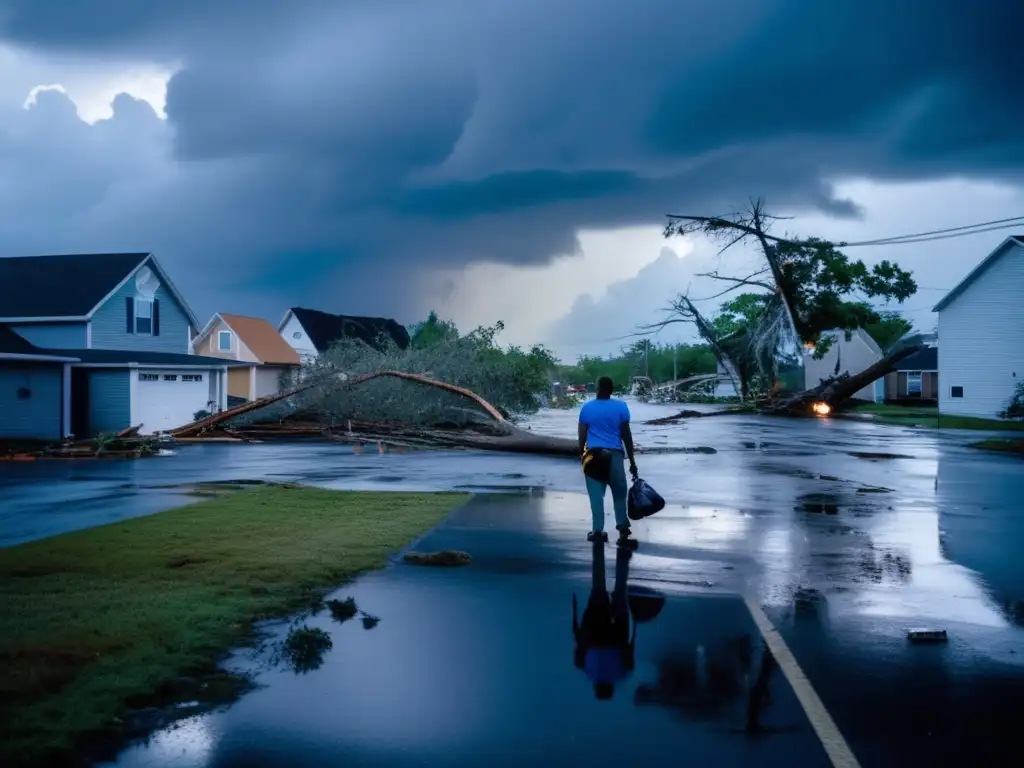 Rebuilding A Stronger Community After A Hurricane
Rebuilding A Stronger Community After A Hurricane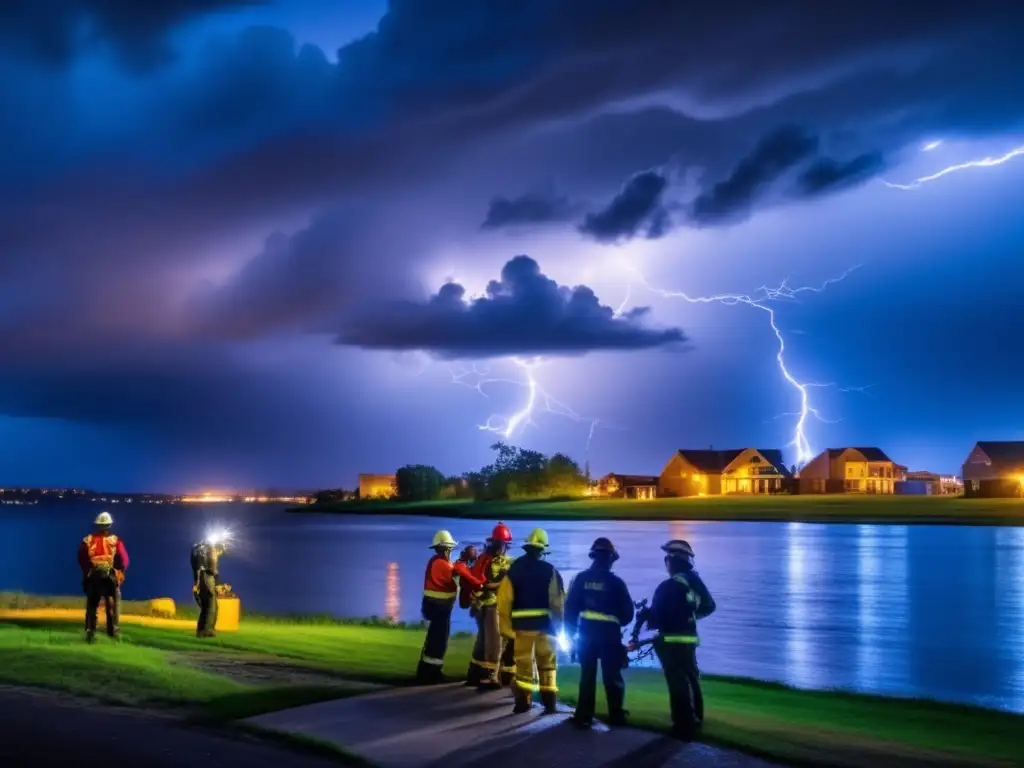 Utility Safety: Handling Gas And Electric Issues After A Hurricane
Utility Safety: Handling Gas And Electric Issues After A Hurricane Building Codes And Permits: What You Need To Know For Repairs
Building Codes And Permits: What You Need To Know For RepairsIf you want to discover more articles similar to Saving Memories: Preserving Personal Items Damaged In A Hurricane, you can visit the Hurricane recovery: category.
Leave a Reply

Articulos relacionados: